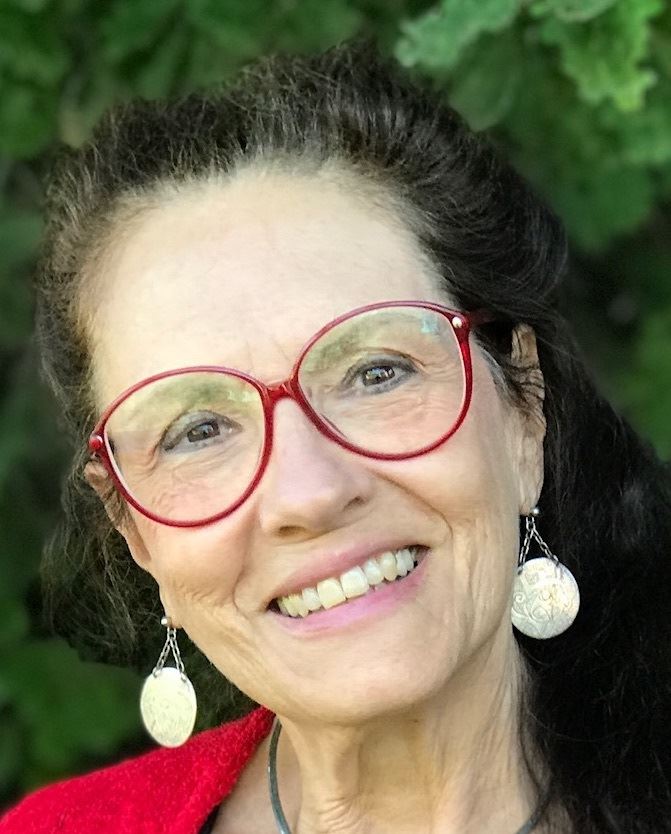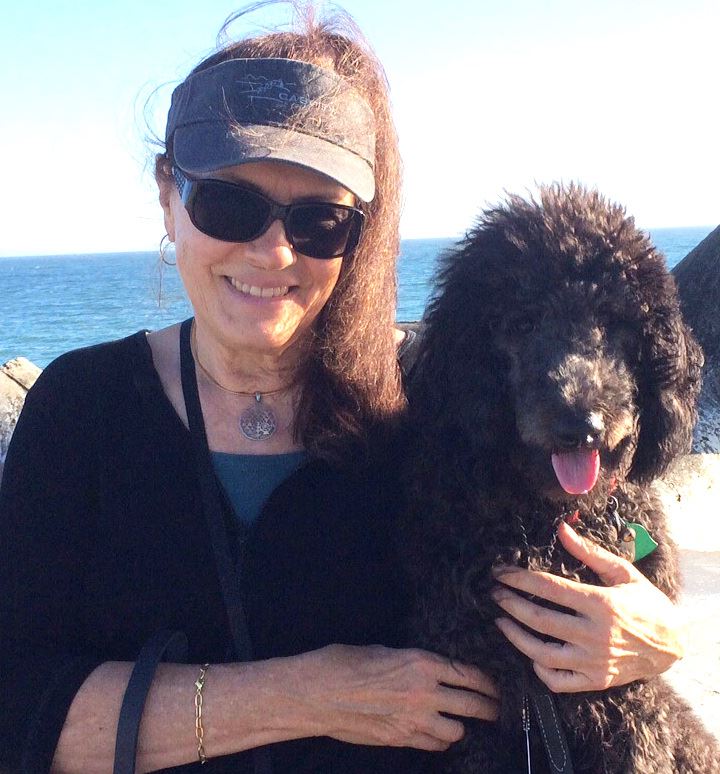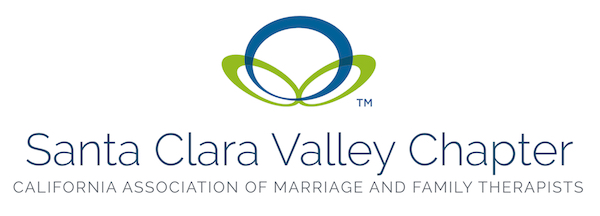
Back to Fall 2021 Newsletter
by Kylea Taylor, LMFT
Clients who are having transformative psychedelic experiences are already coming into our practices! I have a very small, very full practice these days, but several people each month now approach me expressing the same need. These people often share wistfully, “I tried to talk to my long-time therapist, but [she, he, they] didn’t understand, and just didn’t seem to feel comfortable with my psychedelic experience.” These people reluctantly started to look elsewhere for a therapist with whom they could talk about some of the most profound experiences they have ever had. They wanted to find someone who would understand what they mean when words fail them in trying to describe their numinous visions and psychospiritual breakthroughs. They are looking for a therapist who will be able to help them integrate these transcendent experiences into everyday life.
In this article I want to suggest how we as therapists can show up for this paradigm shift in culture and our profession. It is my wish that we all become aware that there are ethical differences in working with clients who are experiencing psychedelics and be willing to learn the territory of extra-ordinary states of consciousness (E-OSC).
Why are these potential clients taking psychedelic medicine? Some of the callers with whom I talked have become interested in taking psychedelics because they read Michael Pollan’s book, How to change your mind: What the new science of psychedelics teaches us about consciousness, dying, addiction, depression and transcendence. Pollan, a best-selling author and journalist, tracked down therapists in the psychedelic sub-culture, and for the first time in his life, took various psychedelic medicines himself under their care. He wrote so well about his journeys and what they meant to him that his book has intrigued and inspired readers to try psychedelics for self-evolution.
Other people who contact me are seeking help for their intractable PTSD and anxiety. They have read with new hope the stories carried recently and frequently in the New York Times and other big newspapers and magazines. This news touts the amazing success of the research done with MDMA-assisted psychotherapy for PTSD by MAPS (Multidisciplinary Association for Psychedelic Studies, that has its home office in Santa Cruz).
Phase II trials provided MDMA-assisted psychotherapy to a research group, as well as therapy without MDMA to a control group. Research subjects showed a “significantly greater reduction in the severity of symptoms” (MAPS) two months after treatment. Amazingly, study outcomes showed: “28 of 42 (67%) of the participants in the MDMA group no longer met the diagnostic criteria for PTSD, compared with 12 of 37 (32%) of those in the placebo group after three sessions” (MAPS). Phase III trials for MDMA-assisted psychotherapy were fast-tracked in 2017, because preliminary clinical evidence indicated [the treatment] may demonstrate substantial improvement over existing therapies for PTSD (MAPS).
The legal picture is changing for psychedelics because of MAPS’ successful research. MDMA is on track to be federally approved for psychedelic-assisted therapy. The State of California (and other states as well) meanwhile has decriminalized the use of certain hallucinogenic substances (MAPS). Many more seekers are finding their way to people who organize ceremonial experiences with psilocybin, ayahuasca or other plant medicines. Ketamine, a legal drug, is also being prescribed in off-label use by some doctors and psychiatrists for depression and other diagnoses.
What are the professional opportunities for therapists with psychedelic medicine? A cultural paradigm shift is underway and our customers—our clients—will at the very least want us, as their service professionals, to be able to discuss the treatment options for therapeutic psychedelic experiences and to listen with understanding when they describe their psychedelic sessions.
There will be professional openings in this field. There are therapists already working in research studies and in ketamine clinics. When the medicines are federally approved, there will be jobs in clinics for treatment sessions in which clients are administered psychedelic medicine, and there also will be opportunities to provide post-session integration therapy through alliances with doctors and clinics and via web referrals.
What are extra-ordinary states of consciousness (E-OSC)? Certain therapeutic methods invoke these normal, but expanded states of consciousness. Holotropic Breathwork®, psychedelics, drumming or other ceremony, EMDR or Brainspotting, or hypnosis are examples of these methods, each using different catalysts like the breath, plant or other psychedelic medicine, rhythmic entrainment, eye focus or eye movement, or hypnotic induction, respectively. Other profound life experiences bring E-OSC too, for example deep grief, reliving trauma, or a surprising, spontaneous mystical experience, perhaps in nature, in prayer, while listening to music, or during meditation.
These E-OSCs are sometimes mild and trance-like. But often, as in most therapeutic psychedelic sessions, they are very profound healing journeys, in which the client has less access to reference points in ordinary reality, may experience time distortion, may find it difficult to function or speak, and may express intense emotion spontaneously with sound or movement.
Ethical right relationship requires more and different attention by the therapist who is working with psychedelic-assisted therapy or integration therapy. It has been almost three decades now that I have been thinking and writing about ethics. From the beginning I have considered especially the ethics of working with clients who are having experiences in extra-ordinary states of consciousness.
In the 1980s and 1990s, I was studying with, then working with Stanislav Grof, M.D., a founder of transpersonal psychology, and Tav Sparks as a trainer in the Grof Transpersonal Training. We were training people to be practitioners of Holotropic Breathwork®, a method using the breath to enter an E-OSC. In that same time period, I was also studying at San Jose State for my M.S. in Marriage and Family Therapy and taking a traditional ethics education class there. This dual perspective enabled me to identify two main differences in ethics for professionals working with therapeutic E-OSCs: 1) the need to pay more attention to traditional ethical guidelines, and 2) the need to know and address different ethical issues involved in working with E-OSC.
The reasons for more attention to traditional ethics guidelines (like the well-articulated ones in the CAMFT Code of Ethics) are that in E-OSC there is often greater vulnerability, greater suggestibility, and greater transference and countertransference. The client may experience faster change in healing from transcendent states. Faster change means that there will be more issues of safety, navigating relationships, and dealing with cognitive dissonance. “Psychedelic therapy heightens the importance of trust, trustworthiness, and safety.” (Carlin, & Scheld, 2020).
E-OSC also require attention to different issues that normally do not arise in talk therapy. A thorough description of E-OSC differences is part of InnerEthics™, an inner approach to ethics that complements, with self-reflection and awareness tools, the outer guidance of laws and codes. The foundation of InnerEthics™, described in my book, The ethics of caring: Finding right relationship with clients (2017) is self-compassion. Self-compassion supports our willingness to learn about our own motivations and to develop a heightened attunement that can discern the client’s best interests, even when we are navigating the dimensions of right relationship in extra-ordinary states of consciousness.
What are some of the different ethical issues involved in working with E-OSC? Adequate training above and beyond what is provided to most psychotherapy students is essential for doing psychedelic psychotherapy. The training that is needed is both didactic and experiential. E-OSC journeys include categories of experience that are outside the usual scope of talk therapy. Such training includes cognitive learning about the expanded cartography of the psyche mapped by Stanislav Grof (1985) , in which he describes the categories of biographical, perinatal, and transpersonal experiences often occurring in E-OSC.
Experiential training (actually taking the medicines or doing Holotropic Breathwork® in a supervised session) is essential for a therapist to learn this cartography of the psyche through inner experience. It is so important to know firsthand the compelling power of the inner healing intelligence, to be surprised in the release of our own traumas and biases, and ultimately to learn implicit trust in the unfolding process in E-OSC. Grof (1985) wrote: “If [professionals ] have not experienced deep letting go….their own fear, lack of personal knowledge, and insufficient faith in the process may communicate itself, preventing [the client] from going fully into the experience to complete it. This can happen even if the [professional] does nothing overtly to interfere with the [client’s] process” (Grof, 1985).
Rene Harvey (2021) writes about the importance of training in “trigger management” for therapists doing psychedelic psychotherapy. Her chapter in the wonderful book Psychedelics & Psychotherapy goes into detail about self-management, debriefing, formal supervision, follow up attention to any material arising, and the importance of attention to relational aspects like transference, countertransference and projective identification.
It is crucial to be able to self-compassionately identify our own cultural programming and do self-management to control our impulses, so as not to let them inadvertently interfere with a client’s trajectory in a psychedelic session (Taylor, 2017). Female clients, for example, need to be trusted to find their way in psychedelic sessions to expand beyond the limitations women learn culturally: “The psychedelic is the transformational ticket out of a limiting pattern for the female client…. She may feel free to experience her authentic self, understand how roles have been defined for her. She may be ready to confront self-doubt. She may be able to see beyond externally and internally imposed restrictions and find confidence in her unique gifts.” (Taylor, 2019).
Monnica T. Williams, Sara Reed, and Jamilah George (2020), three black women therapists, describe their own experiences taking MDMA as research subjects, and then offer a list of competencies needed by psychedelic therapists to work ethically and skillfully with people of color: “(1) to be able to identify normal cultural variations in the expression of psychopathology and personality, (2) to recognize trauma related to racism and other forms of oppression, (3) develop good rapport with people of color by appropriately expressing caring, empathy, and respect, (4) comfortably engage in discussions of racial topics, and (5) identify and examine personal biases as they relate to ethnic and racial differences” (p. 133)
In summary, in order to work ethically with clients directly in psychedelic sessions or to do post-session integration therapy, it is important for therapists to follow the admonition of Socrates to “know thyself” by continuing to do deep self-reflection and to learn, from their personal experiences in E-OSC, the inner territory of the psyche and the character of the particular medicine or method being used. In 1980 Grof wrote, after supervising hundreds of LSD sessions: “Because of the unique nature of the psychedelic state it is impossible to reach a real understanding of its quality and dimensions unless one directly experiences it” (Grof, 1985).
 Kylea Taylor, M.S., LMFT is a California licensed Marriage and Family Therapist (MFC #34901). Kylea has been thinking, writing, and teaching about ethics for almost three decades. She has developed and teaches InnerEthics™, an inner, self-compassionate approach to ethical self-reflection and right relationship with clients. She served for two years on the Board of the Santa Cruz chapter of CAMFT. In her part-time therapy practice she specializes in the integration into everyday life of profound experiences, spiritual emergence, and transpersonal phenomena. She also provides ethics consultations to professionals using the InnerEthics™ relational approach. Kylea started studying with Stanislav Grof, M.D. in 1984, is a certified Holotropic Breathwork™ practitioner, and was a senior trainer in the Grof Transpersonal Training from 1993-2000. She is the author of The ethics of caring: Finding right relationship with clients, The Breathwork Experience, Considering Holotropic Breathwork™, and is editor of Exploring Holotropic Breathwork™. In the 1990s she assisted Stanislav Grof and Jack Kornfield in “Insight & Opening”, weeklong programs that combined Holotropic Breathwork® with Vipassana meditation. Kylea has presented her own programs in the USA, Europe, and online. Kylea is also President of SoulCollage Inc. https://kyleataylor.com/ https://innerethics.com/
Kylea Taylor, M.S., LMFT is a California licensed Marriage and Family Therapist (MFC #34901). Kylea has been thinking, writing, and teaching about ethics for almost three decades. She has developed and teaches InnerEthics™, an inner, self-compassionate approach to ethical self-reflection and right relationship with clients. She served for two years on the Board of the Santa Cruz chapter of CAMFT. In her part-time therapy practice she specializes in the integration into everyday life of profound experiences, spiritual emergence, and transpersonal phenomena. She also provides ethics consultations to professionals using the InnerEthics™ relational approach. Kylea started studying with Stanislav Grof, M.D. in 1984, is a certified Holotropic Breathwork™ practitioner, and was a senior trainer in the Grof Transpersonal Training from 1993-2000. She is the author of The ethics of caring: Finding right relationship with clients, The Breathwork Experience, Considering Holotropic Breathwork™, and is editor of Exploring Holotropic Breathwork™. In the 1990s she assisted Stanislav Grof and Jack Kornfield in “Insight & Opening”, weeklong programs that combined Holotropic Breathwork® with Vipassana meditation. Kylea has presented her own programs in the USA, Europe, and online. Kylea is also President of SoulCollage Inc. https://kyleataylor.com/ https://innerethics.com/
References
Carlin, S., & Scheld, S. (2020). Developing ethical guidelines in psychedelic-assisted psychotherapy. MAPS Bulletin Annual Report, 30(3), pp. 27-34.
Grof, S. (1980). LSD psychotherapy. Nashville, TN: Hunter House.
Grof, S. (1985). Beyond the brain: Birth, death, and transcendence in psychedelic psychotherapy. Albany, NY: SUNY.
Pollan, M. (2018). How to change your mind: What the new science of psychedelics teaches us about consciousness, dying, addiction, depression and transcendence. New York, NY: Penguin Press.
Mitchell, J. M., Bogenschutz, M., Lilienstein, A., & al. (2021). MDMA-assisted therapy for severe PTSD: A randomized, double-blind, placebo-controlled phase 3 study. Nature Medicine, 27, 1025-1033. doi:10.1038/s41591-021-01336-3
Nuwer, R. (2021). A psychedelic drug passes a big test for PTSD treatment. The New York Times. Retrieved from https://www.nytimes.com/2021/05/03/health/mdma-approval.html
Taylor, K. (2017). The ethics of caring: Finding right relationship with clients. Santa Cruz, CA: Hanford Mead.
Taylor, K. (2019). Ethical considerations for psychedelic work with women. MAPS Bulletin Annual Report, 29(2), pp. 28-31.
Williams, M. T., Reed, S., & George, J. (2020). Culture and psychedelic psychotherapy: Ethnic and racial themes from three Black women therapists. Journal of Psychedelic Studies, 4(3), 125-138.
Back to Fall 2021 Newsletter
